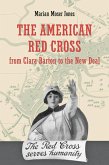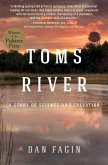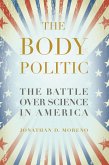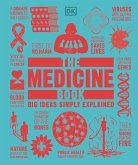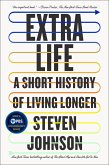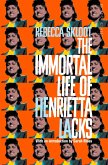Benjamin Rush (1745-1813) casts a long shadow over American medicine as well as over the social and political history of the American republic. The Philadelphia physician involved himself in numerous social, political, and scientific projects while maintaining a busy practice and lecturing to thousands of students over his career. As a result, attempts by historians to make sense of Rush and his world have been complicated and contradictory. Nevertheless, it is within that mixed narrative of the social, medical, and political that Rush's story becomes its most compelling. At the end of the Revolutionary War, new American citizens found themselves in a new country. For Rush and his colleagues, that newness extended beyond a change in political structure. They believed that the physical challenges of growing cities and western expansion and the psychological challenges of new identities came together in ways that could help or hurt American health. From his vantage point at one of the nation's few medical schools, located in its intellectual capital, Rush developed a reputation as America's physician-while mixing social and scientific ideas for the "improvement" of the country as a whole. Putting Rush in this context, Benjamin Rush, Civic Health, and Human Illness in the Early American Republic goes beyond biography to explore his social and scientific networks and their role in the development of a distinctly American medical profession.
Dieser Download kann aus rechtlichen Gründen nur mit Rechnungsadresse in A, D ausgeliefert werden.



